24
The Guilty Flee Where None Pursue
The creation of the nuclear institutes put period to the perennial charge by the most obdurate of his collegial enemies that Hutchins was unduly interested in teaching and unduly uninterested in research. It also put period—mistakenly—to the perennial charge that he was antiscientific.
He really was antiscientific, in two critical senses. For twenty-five years he had paid lip service to science and the indispensability of its study for the comprehension of the modern world. For twenty-five years he had strengthened the sciences in his Chicago appointments, repeatedly giving the lie (not that his enemies paid any attention to that) to the complaint that he was wedded to a prescientific view of man and the world. But for those same twenty-five years he had deprecated the utility of science in confrontation with the problems of human life, its vaunted "value-free" character: "Men do not get their purposes from science. Science has no purpose of its own."[1]
After Hiroshima he insisted, again and again, that the urgent question was "not how to make atomic energy, but what to do with it. Can we control it? Can we control ourselves in the use of it? To these questions science offers no answer. . . . Science can not give us the character, the intelligence, and the nobility which we may need to learn how to get along with other nations, to sink our own will-to-power in a world organization, to share our goods with suffering humanity everywhere. Science can not change the hearts of men, and yet it seems fairly clear that unless the hearts of men can be changed the scientific knowledge men have gained will at last destroy them."
Why, then, did he take the initiative to establish the institutes the instant the war was over? His motivation was various. First, because the challenge lay there, and no other academic leader had seen that immediate
action on a large and imaginative scale would crystallize America's unrivaled position in nuclear studies and centralize them in one institution. It was a typically Hutchins action. True, his bent was antiscientific, certainly nonscientific; he deplored not only the moral purposelessness of science and the materialistic idolatry it stimulated, but also its commonplace servitude to technological adaptation for commercial profit and the pursuit of national power while the humanistic studies languished. Now, more than ever, those studies he had so long fought for at Chicago were put in the shade; the country's foremost protagonist of the liberal arts was now the head of the country's foremost center of non-liberal-arts research and teaching.
Like so many scientists and nonscientists, the country over and the world around, he saw, or thought he saw, the staggering possibilities of the use of the new power for peacetime purposes, phenomenally cheap energy. It would not be unleashed to destroy cities but to build them, lifting the burdens of life from mankind's shoulders as steam and electricity had only begun to do.
"New industries, new communities, more leisure, better health and longer life—these are among the blessings which atomic energy puts within our grasp. It can mean a higher standard of living for all the world." But, in the same speech: "We need, not a National Science Research Foundation, but a National Education Foundation. . . . The great task is to educate, to educate now, and to educate everybody now. If we can restrain the warmongers"—this a few months after the end of the war—"if we can avoid blundering into war with Soviet Russia . . . the job is not impossible. We must educate the peoples of the earth to be citizens of one world. It is one world, or none at all." On the one hand, the new world of atomic energy; on the other, the old world of war.[2]
One burden that atomic energy didn't lift was the burden of guilt that lay on Robert Maynard Hutchins, the man who had opposed the war and, in some hyperbolic sense, had won it. In his Round Table broadcast, six days after Hiroshima—three days after Nagasaki—he said: "This is the kind of weapon, I believe, which should be used, if at all, only as a last resort in self-defense. At the time this bomb was dropped the American authorities knew that Russia was going to enter the war. It was said that Japan was blockaded and that its cities were burned out. All the evidence points to the fact that the use of this bomb was unnecessary."—It had not yet come to light that the Japanese government had put out feelers through neutral governments to try to arrange a surrender that would spare the emperor.—"Therefore, the United States has lost its moral prestige."[3]
And Hutchins felt that he had lost his. Thirty-five years later his daugh-
ter, Clarissa Hutchins Bronson, a Boston lawyer, recalled his being challenged in the question period following a lecture at Harvard in 1960: "You oppose nuclear weapons, but you served as President of the university that discovered the way to make the atomic bomb. How do you square these two facts?" Hutchins: "I have never before made a public statement on this point." The hall was dead silent, said Clarissa Hutchins. "My administrative connection with the undertaking you speak of illustrates the dire necessity of scientific training as the essence of a liberal education. I was a scientific illiterate, and yet I was the presiding officer of an institution whose greatest energies were concentrated on a crucial scientific project—crucial for my country and for the world. That such a man should be a university president is, or ought to be, unthinkable."
An artless dodge, intimating as it did that he would have done differently had he had scientific training. With his paternal gift for the Scriptures, he had once said of one of his academic opponents, "The guilty flee where none pursue." Of the hundreds of scientists—roughly a thousand—who participated in the development of the bomb, only the sixty-five at Chicago who tried to persuade the government not to use it showed any sign of having wanted to "do differently," and they only after the mortal damage of its production had been done. For all his prediction of the peacetime wonders that would flow from installations like the three nuclear institutes, Hutchins was scared stiff on behalf of a benumbed and incredulous world; scared, however, of the moral jeopardy in which he had helped place it.
Prior to Pearl Harbor his opposition to American involvement in the war, like that of so many "isolationists" on the left, had been widely taken for pacifism. In his speeches his condemnation of the war extended by easy inference to all war. I had once asked him why, when he left Oberlin at the end of his sophomore year in 1917, he enlisted in the ambulance corps instead of the infantry. He said it was because he didn't want to kill anybody. I asked him why he didn't want to kill anybody, and he said it was because he was a pacifist. I asked him why he was a pacifist, and he said, "I don't know." On August 6, 1945, the atomic bomb killed everybody around, and the man who undertook to administer its invention, and discharged his undertaking with apocalyptic success, was Robert Maynard Hutchins.
In my old age, and in his still older, I asked him why he had undertaken that interesting assignment. "For the worst of all possible reasons," he said. "I believed it couldn't be done. I didn't think they could pull it off." I said, "By 'they' you mean the physicists?" "Yes."
Mayer: Are you saying that you were some kind of a physicist?
Hutchins: No, I'm saying that I was some kind of a university president. The point is that the chief executive officer of an institution is at all times faced with the question whether he can morally continue to occupy the position. The time I came closest to resigning was when the board of trustees indicated that it didn't intend to do anything about Negro segregation on the South Side of Chicago because the university had the whole neighborhood tied up in restrictive covenants. I regarded restrictive covenants as immoral and unconstitutional.
Mayer: You "came close" to resigning.
Hutchins: The Supreme Court happened along, just then, and decided that I was right about the unconstitutionality—it didn't go into the non-juridical question of immorality. . . . So I could have resigned when the atomic bomb proposal was made, or I could have done what I could to carry out the wishes of the university. The fact that I was opposed to the war did not mean that the university was. There is a difference between the opinions that a man holds and his operations as the chief administrative officer of an institution.
Mayer: I recall that at the end of Plato's Phaedrus Socrates offers up a prayer that "the outward and inward man be at one."
Hutchins: That's a fine idea.
In 1941 "the generals" came to Hutchins to ask if the University of Chicago would accept the responsibility for a project in nuclear physics intended to produce a weapon of a sort, and of a magnitude, never before known. Why—the question wasn't asked—Hutchins, whose ardent anti-interventionism was regarded in some quarters as just short of treason? The Manhattan Engineering District—its code name—ultimately involved more than a thousand scientists and engineers and a total of seventy-two universities, research institutes, industrial corporations, and hospitals, in addition to the government. As prime contractor for the "Metallurgical Project," the University of Chicago assumed prime responsibility for the whole operation, and Hutchins was the only nonscientist outside the government who knew what it was all about. If the question, Why Hutchins, of all people? wasn't asked, neither was the answer given. The answer would have had to be that his polemics against war, and against this war, need not be taken seriously. A safe man, who would always do his duty as "the generals" saw it; as safe a man as they could ask for.
Hutchins: We didn't anticipate what happened. When it happened we did everything we could do to prevent the bomb from being dropped.
Mayer: What you're explaining is that it was impossible to foresee what would happen. But prior to Pearl Harbor you foresaw the evils that would follow if thisountry went to war, even though we should win. Couldn't
you have foreseen what would happen if this country were to develop a bigger and better bomb? You say you tried to prevent the bomb from being dropped after it was constructed.
Hutchins: So I did. . . . At the outset of the Metallurgical Project we had something like twenty-five great physicists on the campus—from all over—and they were spending about fifty million dollars. By the time we knew that the thing was probably going to succeed, we had a commitment to these men that was inescapable. I could have resigned. But it would have been as though I had said, "I'll let you come here on the theory that you won't succeed," and then, when success loomed, I had said, "I'm awfully sorry now that you're going to succeed, and I'm going to withdraw."
Mayer: I think you care . . . that you've been against an awful lot of things that cause war, but when war comes and the bugle blows, it's Hutchins in the front line.
Hutchins: That's right.
Mayer: With that prospect before you, would you do the same thing again?
Hutchins: No.
Mayer: Why not?
Hutchins: Because I'm brighter now. . . . You get bright too late. There are all kinds of things that I would have done and would not have done if I had been as bright as I am now.
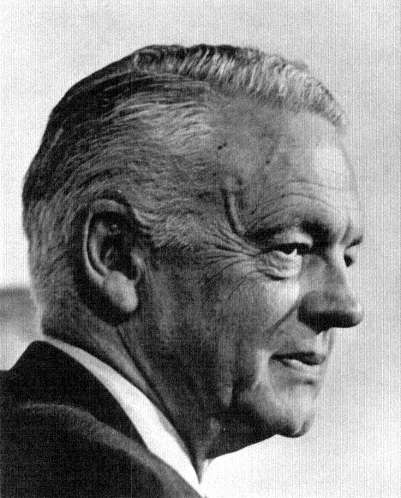
Robert Maynard Hutchins.
Courtesy Mortimer J. Adler.
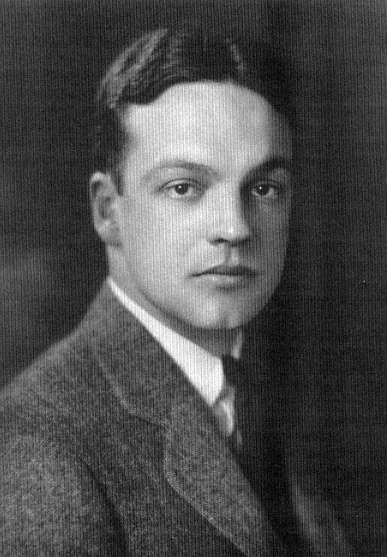
Robert Hutchins at Oberlin College.
Courtesy Oberlin College Archives.
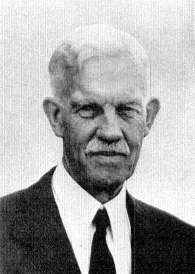
Father: William James Hutchins.
Courtesy Oberlin College Archives.
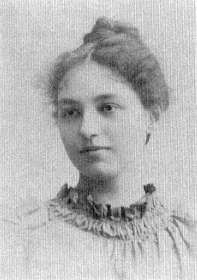
Mother: Anna Murch Hutchins.
Courtesy Oberlin College Archives.
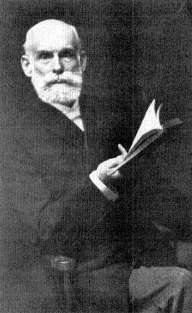
Grandfather:
The Reverend Robert Grosvenor Hutchins.
Courtesy Oberlin College Archives.
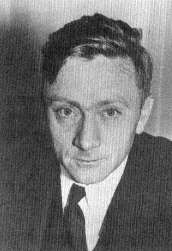
Associate Professor
William O. Douglas, Yale Law School.
Courtesy Yale University Archives.
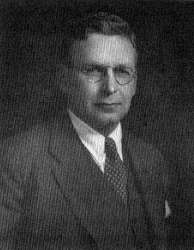
Professor
Charles E. Clark, Yale Law School.
Courtesy Yale University Archives.
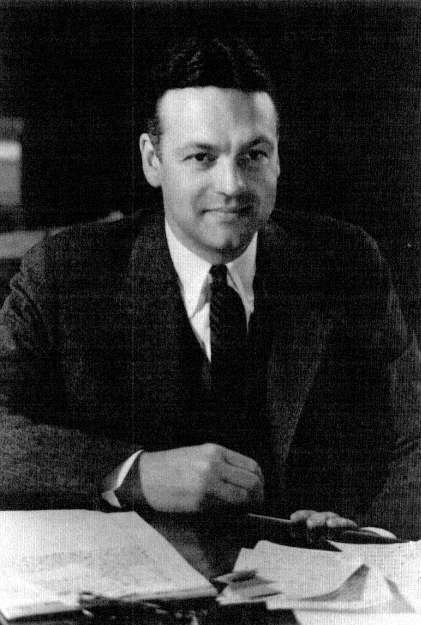
Robert Maynard Hutchins, Dean, Yale Law School.
Courtesy Yale University Archives.
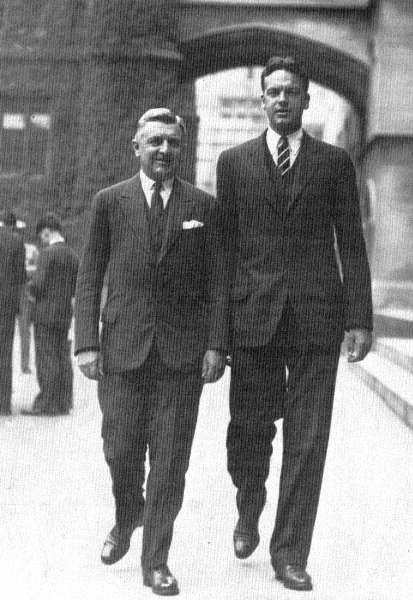
Robert Maynard Hutchins, newly appointed President of
the University of Chicago, with acting President Frederick C. Woodward.
Reprinted with permission from the Chicago Sun-Times.
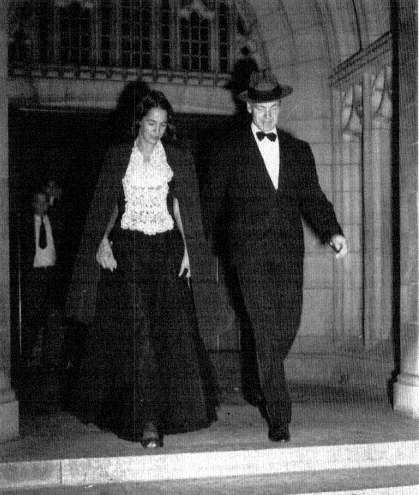
Maude McVeigh Hutchins and President Robert M. Hutchins.
Courtesy University of Chicago Archives.
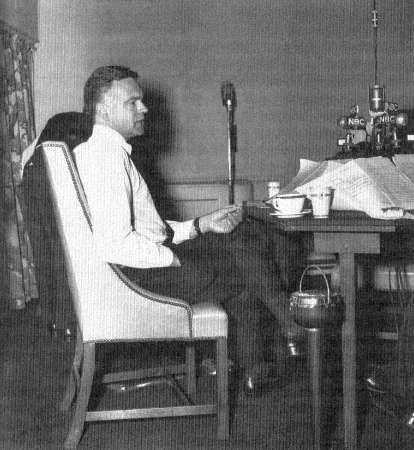
Robert Hutchins at University Round-Table of the Air,
a forum for adult education, NBC broadcast, 1944.
Courtesy University of Chicago Archives.
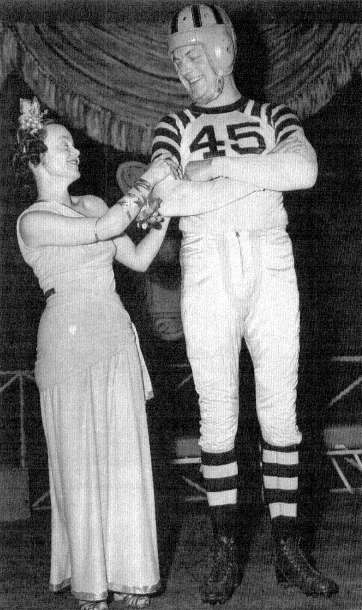
Chancellor Robert Hutchins in football uniform with
Mrs. Hector Coates, Quadrangle Club Revels
("You're in the Styx, Professor"), 1949.
Courtesy Wide World Photos/Associated Press.
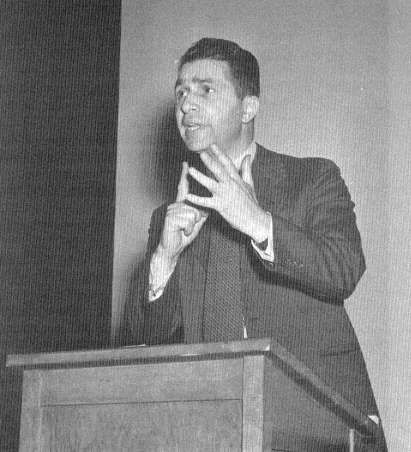
Mortimer J. Adler.
Collection of Ruth Hammen.
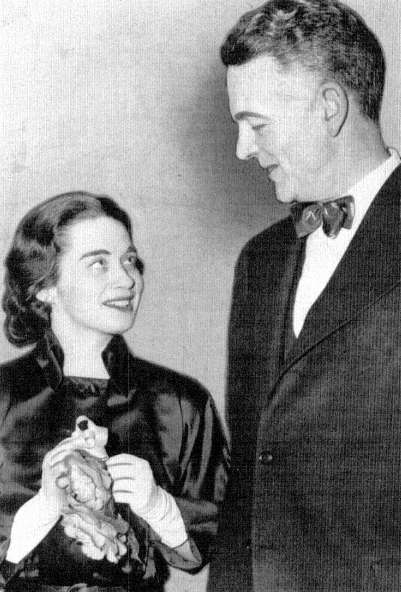
Vesta Orlick Hutchins and Chancellor Robert M. Hutchins.
Reprinted with permission from the Chicago Sun-Times.
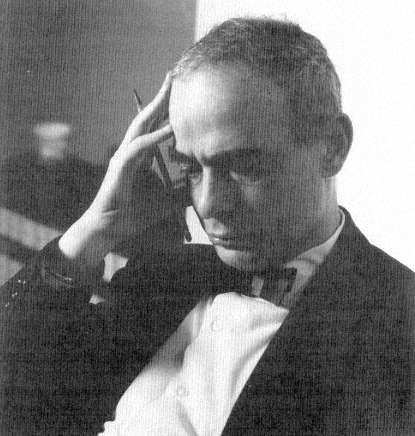
Milton Mayer at Carmel, California, 1979.
Courtesy Monterey Peninsula Herald.
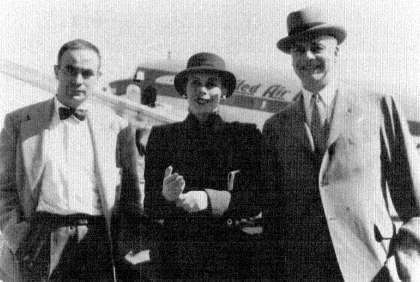
Milton Mayer, Jane Mayer, and Robert M. Hutchins.
Collection of Mrs. Jane Mayer.